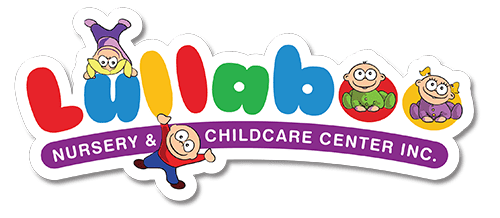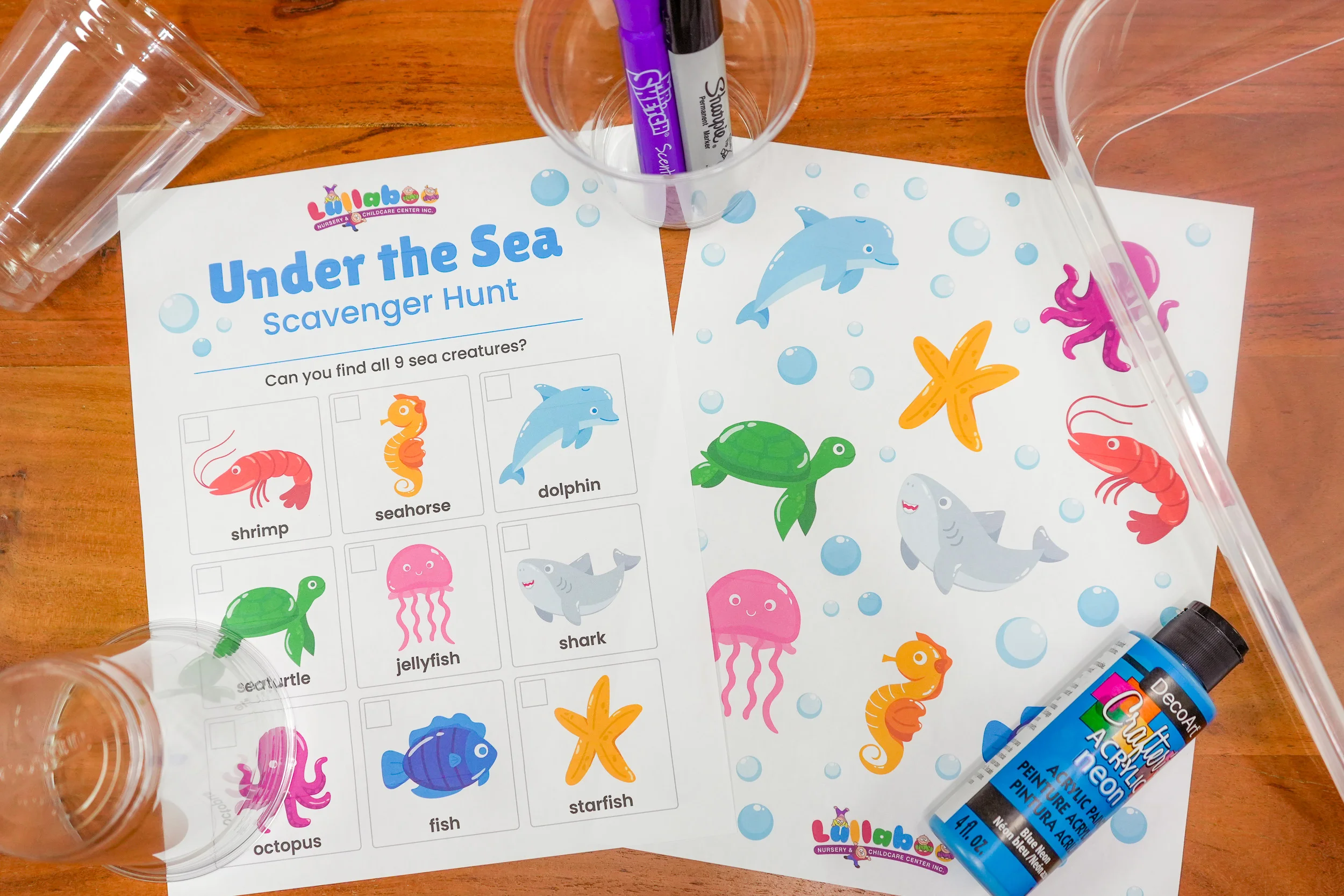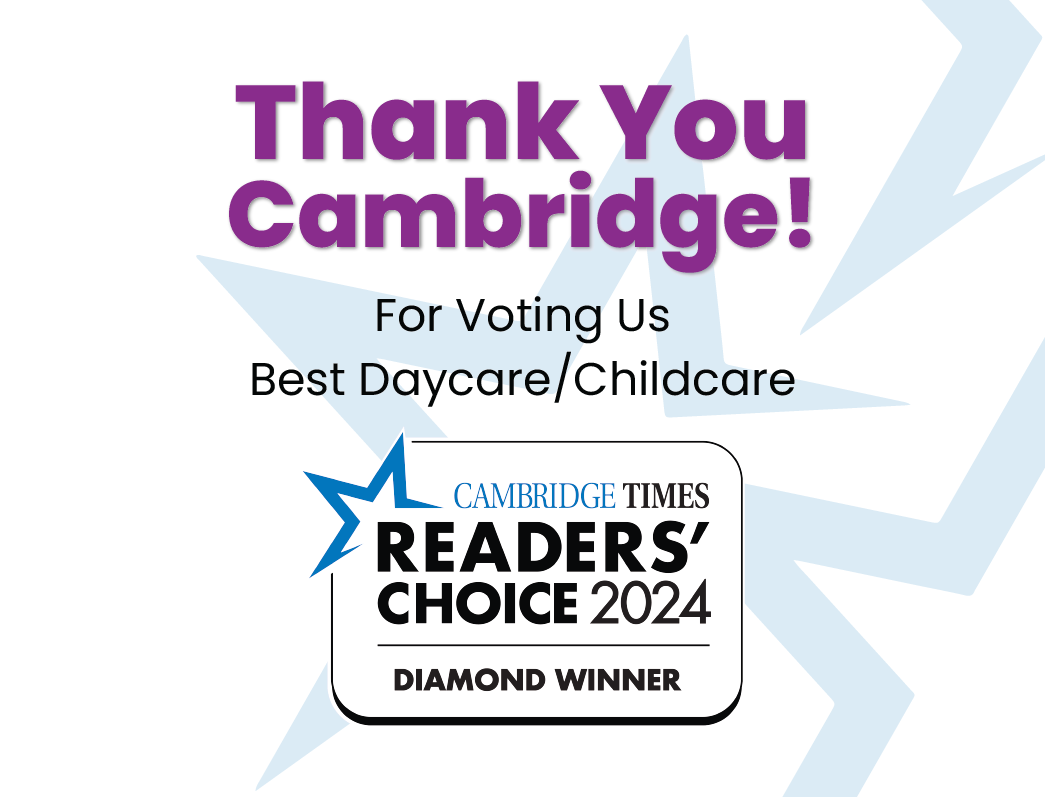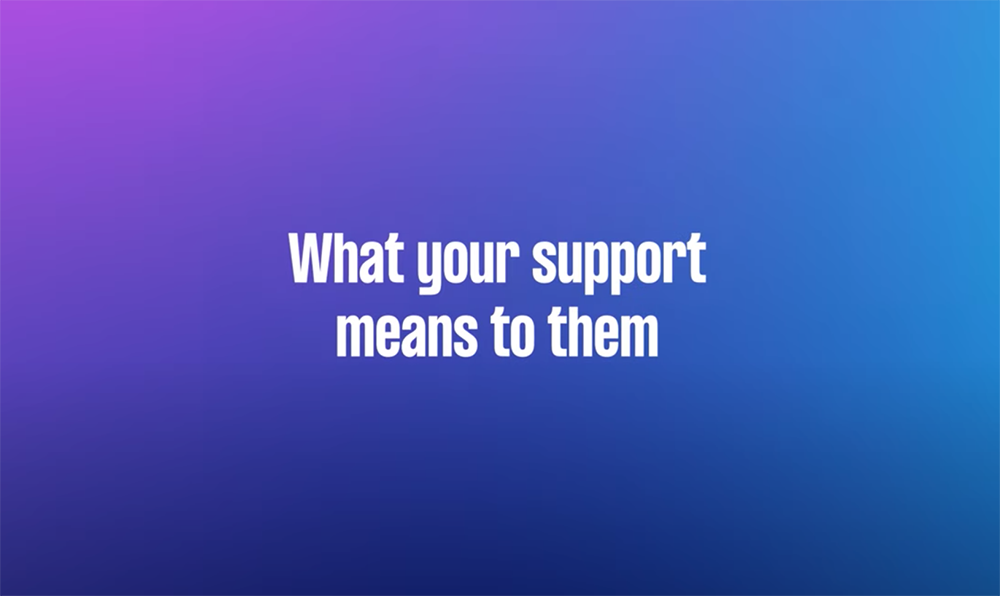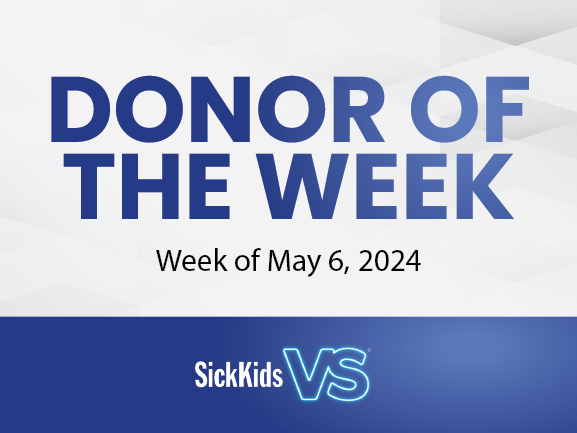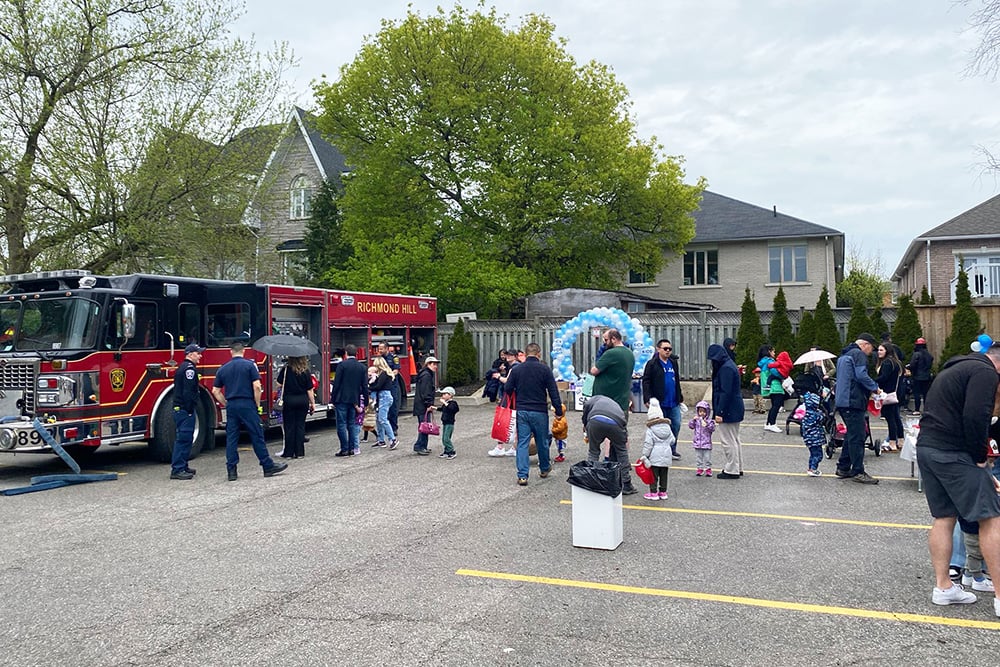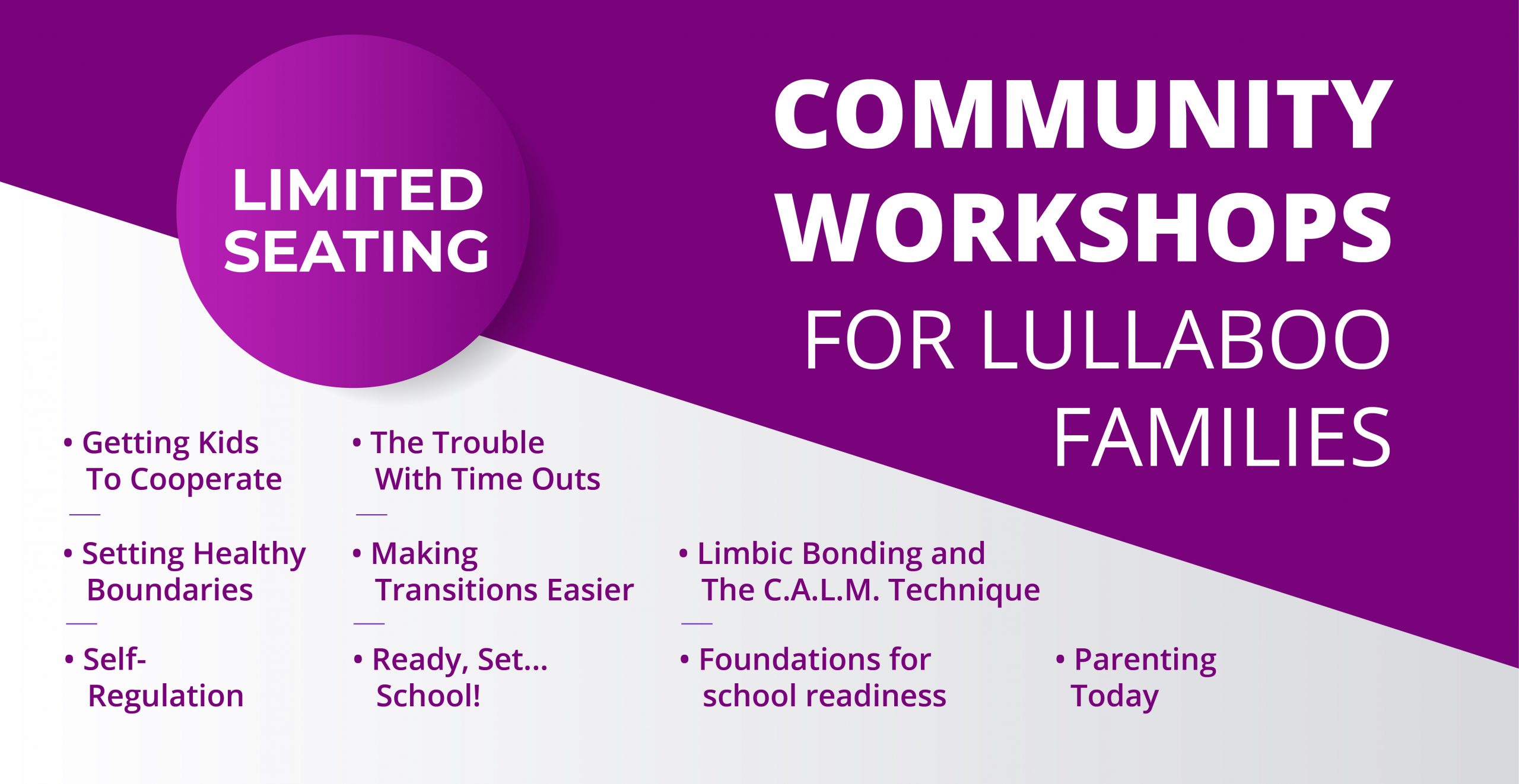The toddler phase is an important part of your child’s development. They’re learning to think and act independently, to explore the world around them and to interact with their environment. The problem is, many toddlers take a while to pick up on impulse control, and that can lead to aggressive behaviors. Hitting, pushing and biting are all very common, and more than a handful for parents to deal with.
The good news is that these behaviors are usually temporary – an aggressive toddler doesn’t necessarily grow up to be an aggressive person throughout their lives. Still, it’s a difficult phase to handle; it can be tiresome and worrying. Stay calm, though – with a little effort and a lot of patience, you can get through these troublesome times. Here are some tips on how to handle an aggressive toddler:
Observe Patterns
Toddlers don’t get aggressive randomly, though it can feel like that sometimes! They’re acting out on frustration and anger, and the first part of solving aggression is to find the source of that frustration. There will often be patterns and common triggers that set toddlers off. Ask yourself, when and where does the behavior most often occur? Does it only happen in one particular setting or time period? What happens right before the aggressive actions? Did your child go for a while without eating, resting or playing before the aggressive action? Are they any big changes that have upset the status quo – new rooms, new family members, a new daycare? Finding the pattern is a big step to solving the behavior.
Prevention
The best way to handle an aggressive toddler is to prevent aggression from happening to begin with. You’re the adult; you need to support your toddler and help them navigate the problems that lead to their aggression. Give warnings for transitions – let them know ahead of time when something big is happening, like going to daycare or dinner coming up. Know what your toddler is capable of, and try to avoid putting them in situations that can trigger anxiety – introverted kids, for example, won’t do well in giant parties and noisy settings. Prepare for outings; practice potentially tiresome situations like parties. Practicing how to communicate needs out in the world helps kids know what to do when they feel compromised. And always pay attention to sleeping, eating and playing – a lack of any one of those three key areas can be a classic trigger for aggressive behavior.
Response
No one’s perfect, and you won’t be able to stop all instances of aggressive behavior. When aggression happens, the first thing to remember is to stay calm. You panicking or getting upset is just going to feed into your toddler’s aggression, making the situation worse. The key is to offer them some other way to deal with their aggression. That can be through distractions – offering a game of tag, or asking for a big hug. Toddlers don’t yet have the tools to break that cycle of aggression, so stepping in and interjecting another situation can help short-circuit the emotions. When they calm down, you can then remind them what is and is not acceptable. What is acceptable is important – offer alternatives to aggressive behavior. If you take away that aggressive behavior without providing another outlet, they won’t learn how to challenge that energy. Physical things, like throwing a ball against the wall or ripping up a piece of paper, can be a safe way for a toddler to release aggression. Don’t try to address the behaviors themselves until the child is calm; take a break with them to relax and get things to a more even keel before trying to solve the issue.
With positive parenting techniques, you can handle aggressive toddlers. Love and support helps conquer everything!
